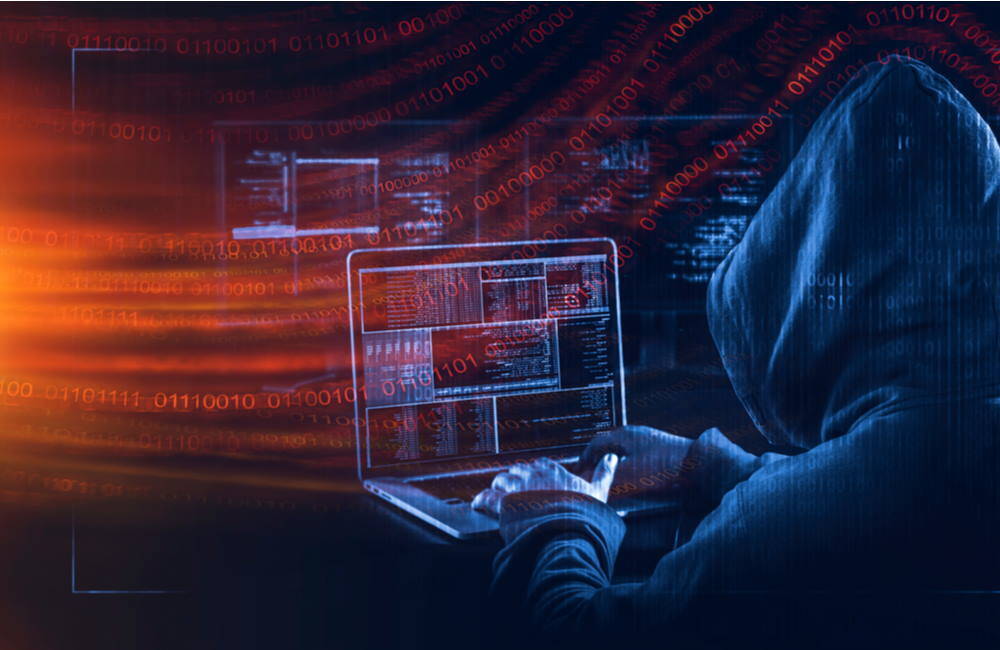The old saying goes that the only things for sure in life are death and taxes. But every year, cyberattacks make a strong case to get added to that list. From getting your credit card number swiped to phishing attacks on your work computer, people face thousands of cyberattacks daily. It’s made learning to prepare for a cyber attack a requirement for living in modern society.
While it’s almost impossible to completely avoid cyber threats if you want to ever go online, people take steps to minimize the risk and make it difficult for hackers to obtain valuable information.
Ignoring ways to prepare for a cyber attack leaves people as easier targets. It also makes them more at risk of losing money or having their identity stolen. For preppers, it’s as important as getting ready for other events such as civil unrest.
Steps to Take to Prevent a Cyber Attack
For personal computers and other connected devices, the Federal Emergency Management Administration provides key steps to take to prevent a cyberattack or better protect information if one comes your way.
At the individual level, most cyberattacks involve the loss of money, the stealing of personal information and the prospect someone will assume your online identity and damage your reputation (in addition to stealing whatever they can get their digital finger on). FEMA suggests a variety of ways to minimize risk.
- Install updates on software and operating systems
- Use strong passwords and require two ways of verifying your identity
- Only use encrypted communication on the internet
- Don’t click on email from unknown senders. This old way to break into a computer, called phishing, is still one of the most effective for hackers
- Don’t click on links to suspicious websites
- Backup files often onto a thumb drive or in the cloud
- Clone your hard drive using software or a hardware cloner
- Chance the password to your home WiFi regularly
It’s also a smart idea to install anti-virus software on your computer, especially if you use the internet often. And no matter the situation, limit the amount of personal information you disclose online.
Steps to Take After a Cyber Attack
One of the most frequent cyberattacks people experience is theft of a credit card number. This can happen online or in-person (all it takes is one unscrupulous restaurant or department store employee). If you see charges you did not make, immediately contact your credit card company. They will shut down your card to prevent any further charges.
If hackers do get into your computer, use another device to immediately change all the passwords on online accounts. Also, clean the computer using specialized software or take it to a professional to get it cleaned. If the computer is part of a network of computers at work or school, let the IT department at the organization know immediately what has happened.
If a cyber attack results in someone getting your Social Security number, then contact the federal Office of the Inspector General. You may also file a complaint with the FBI’s Internet Crime Complaint Center.
Unfortunately, a cyberattack on computers and other connected devices is something many people will experience. The key is to minimize the risk by knowing how to prepare for a cyber attack.







Leave A Comment